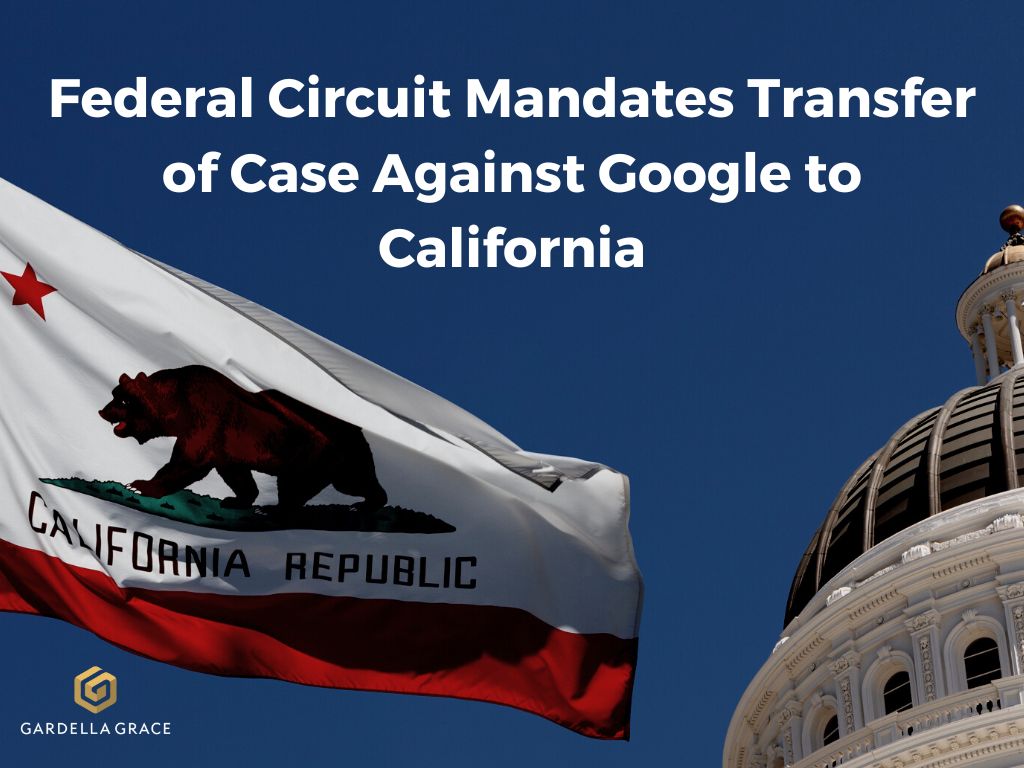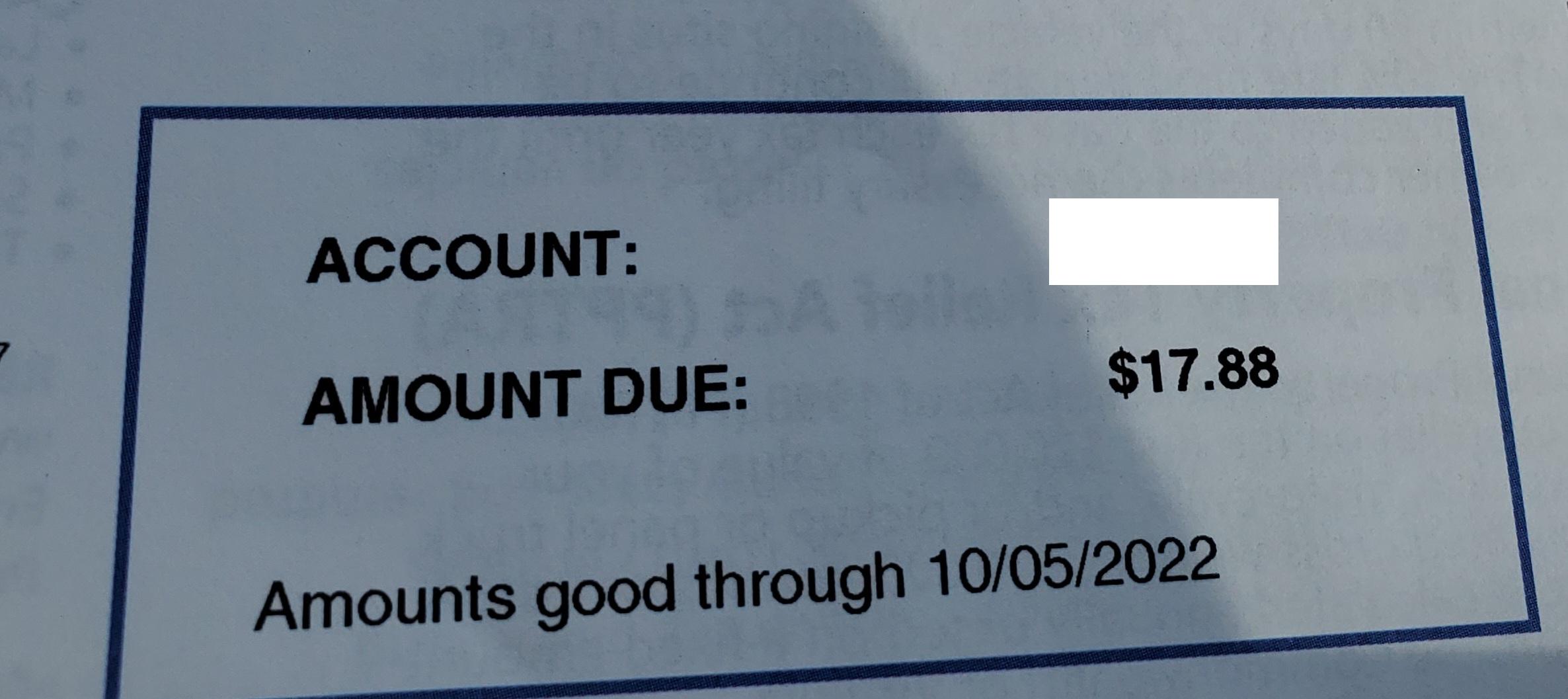Competition Bureau's Constitutional Case Against Google: Key Issues

Table of Contents
Google's Dominance in the Digital Advertising Market
Google's substantial market share in online advertising is a central element of the Competition Bureau's case. This dominance raises concerns about anti-competitive practices and their impact on consumers and competitors.
Market Share and Monopoly Power
Google holds a commanding market share in various online advertising sectors. Its products, including AdSense, AdWords (now Google Ads), and Google's ad tech platforms, are ubiquitous. Statistics consistently show Google controlling a significant portion – often exceeding 50% – of the search advertising and programmatic advertising markets. This level of market share raises serious concerns about the potential for monopolistic behavior and the stifling of competition.
- AdSense: Dominates the contextual advertising market, placing ads on third-party websites.
- Google Ads: The leading platform for pay-per-click search advertising, giving Google significant control over search results visibility.
- Google's ad tech stack: Controls a large portion of the programmatic advertising ecosystem, impacting how ads are bought and sold online.
This dominance allows Google to potentially engage in anti-competitive practices, harming both smaller competitors and ultimately, consumers.
Allegations of Anti-Competitive Practices
The Competition Bureau alleges that Google engaged in various anti-competitive behaviors to maintain its market dominance. These allegations include:
- Preferential treatment of Google's own products: Allegations suggest Google prioritizes its own products and services within its search results and ad platforms, giving them an unfair advantage over competitors.
- Exclusionary contracts: The Bureau may argue that Google uses exclusive or restrictive contracts with publishers and advertisers to limit access to the market for competitors.
- Manipulation of algorithms: Concerns exist that Google manipulates its algorithms to favor its own products and services, disadvantaging competitors and potentially manipulating search results to benefit its own advertising business.
These practices, if proven, could significantly limit competition, reduce innovation, and ultimately harm consumers by reducing choice and potentially increasing advertising costs.
Constitutional Challenges to the Competition Act
Google's defense includes constitutional challenges to the Competition Act itself, arguing that certain aspects infringe on its fundamental rights.
Freedom of Expression Concerns
Google contends that some provisions of the Competition Act unduly restrict its freedom of expression, a protected right under the Canadian Charter of Rights and Freedoms. They argue that regulations designed to curb anti-competitive behavior inadvertently limit their ability to display information and advertisements.
- Regulations impacting search results ranking could be argued as limiting the dissemination of information.
- Restrictions on data usage for advertising might be seen as restricting the expression of commercial speech.
- The very act of enforcing anti-competitive practices could be seen as impacting Google’s right to express its services and products.
Proportionality and Charter Rights
A central aspect of the case is whether the limitations imposed by the Competition Act are proportionate to the legitimate objective of promoting competition. The court must balance the government’s interest in a competitive market against Google’s constitutional rights.
- The court will examine whether the Competition Act’s measures are minimally impairing – that is, whether they achieve their objective with the least possible infringement on Google’s rights.
- The court will also weigh the importance of the government’s objective (promoting competition) against the importance of the right being infringed (freedom of expression).
- The court will analyze whether the overall impact of the regulations is justified in light of their benefits.
Impact on Innovation and Consumer Welfare
The outcome of the Competition Bureau's case against Google will have significant consequences for innovation and consumer welfare in Canada.
Effects on Competition and Innovation
Increased competition, potentially resulting from a successful case against Google, could foster innovation. Conversely, if Google maintains its dominance, innovation may be stifled.
- Increased competition could lead to new and improved advertising technologies and services.
- A more level playing field could empower smaller businesses and startups to compete more effectively.
- However, some argue that Google's size and resources drive significant innovation, and restrictions could hinder technological advancement.
Impact on Consumers
The case’s resolution directly impacts consumers through potential changes in the price, choice, and quality of online advertising and information.
- Increased competition could potentially lead to lower advertising costs for businesses, which could translate into lower prices for consumers.
- More competition might also lead to a wider variety of online content and advertising formats.
- However, a less dominant Google might also lead to a fragmented online advertising landscape, possibly negatively impacting consumer experience.
Conclusion
The Competition Bureau's constitutional case against Google is a pivotal legal battle with significant implications for Canadian antitrust law, digital markets, and constitutional rights. The key issues surrounding Google's market dominance, the potential infringement of constitutional freedoms, and the broader impact on innovation and consumer welfare require careful consideration. Understanding the arguments on both sides is crucial for navigating the complex legal and economic landscape of the digital age. Stay informed about the developments in this landmark Competition Bureau's Constitutional Case Against Google, as it will shape the future of online competition in Canada. Follow the ongoing legal proceedings to see how this critical case unfolds and impacts the digital landscape.

Featured Posts
-
 Western Manitoba Snowfall Warning Heavy Snow Expected Tuesday
May 30, 2025
Western Manitoba Snowfall Warning Heavy Snow Expected Tuesday
May 30, 2025 -
 Episodio De Run Bts Jin De Bts Protagoniza Una Pelicula De Accion
May 30, 2025
Episodio De Run Bts Jin De Bts Protagoniza Una Pelicula De Accion
May 30, 2025 -
 Virginia Loses Millions As Maryland Drivers Exploit Registration Loopholes
May 30, 2025
Virginia Loses Millions As Maryland Drivers Exploit Registration Loopholes
May 30, 2025 -
 Ne Vykhodite Iz Doma Ekstrennoe Preduprezhdenie Politsii Izrailya
May 30, 2025
Ne Vykhodite Iz Doma Ekstrennoe Preduprezhdenie Politsii Izrailya
May 30, 2025 -
 Koryfaies Tileoptikes Ekpompes Savvatoy 3 5
May 30, 2025
Koryfaies Tileoptikes Ekpompes Savvatoy 3 5
May 30, 2025
Latest Posts
-
 One Year After The Texas Panhandle Wildfire A Look At The Recovery Efforts
May 31, 2025
One Year After The Texas Panhandle Wildfire A Look At The Recovery Efforts
May 31, 2025 -
 Texas Panhandle Wildfire A Year Of Recovery And Resilience
May 31, 2025
Texas Panhandle Wildfire A Year Of Recovery And Resilience
May 31, 2025 -
 Canada News Wildfires Continue To Threaten Eastern Manitoba
May 31, 2025
Canada News Wildfires Continue To Threaten Eastern Manitoba
May 31, 2025 -
 Beauty From The Ashes Texas Panhandles Wildfire Recovery One Year Later
May 31, 2025
Beauty From The Ashes Texas Panhandles Wildfire Recovery One Year Later
May 31, 2025 -
 Eastern Manitoba Wildfires A Devastating Fight Against Nature
May 31, 2025
Eastern Manitoba Wildfires A Devastating Fight Against Nature
May 31, 2025
